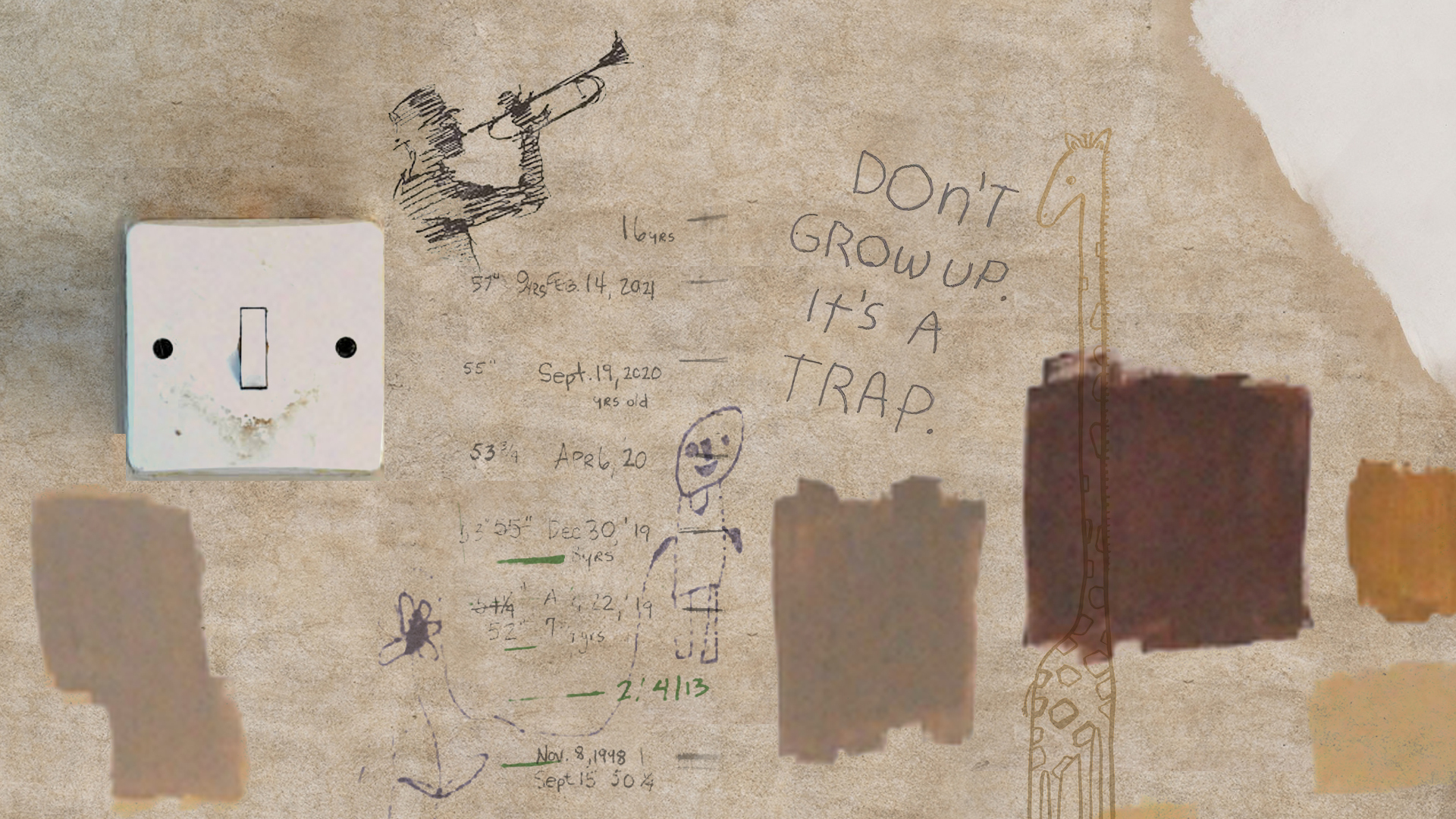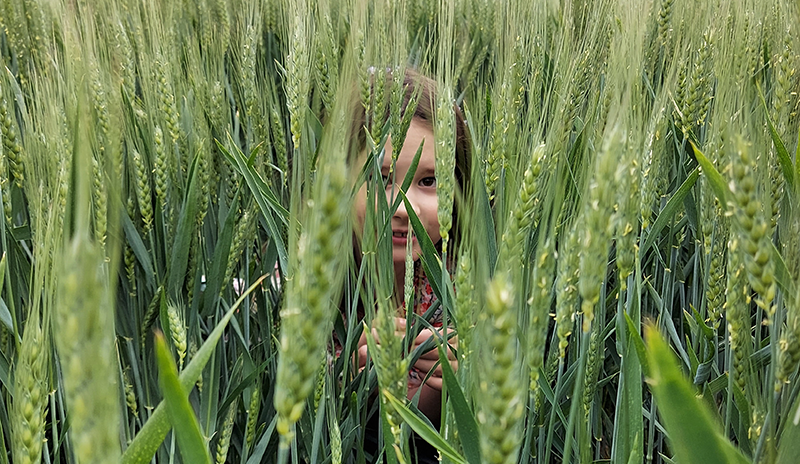Madonna once said that time goes by so slowly, but the last sixteen years have been something of a whirlwind. Technology has evolved, industries are moving with the times and it can sometimes feel like we’re all playing catch up.
Truthfully the world was a very different place sixteen years ago and so was the PR industry. On 17th March 2006 a tech PR firm’s reins were taken by Mark Waite and Andy Williams, and Cohesive Communications was born. Cohesive has done a lot in sixteen years fighting the good fight for the Davids, some of whom grew to be Goliaths.
We’d be interested to get your thoughts on the past, present and future of PR – could you share your opinion in the comments section below?
If we asked you if the PR industry has changed, what would you say?
Over the last few years we have found that technology has made some parts of the job simpler, and some a lot more difficult. Email and WhatsApp make it quicker to reach journalists. Websites, blogs and social media have created a whole new avenue for telling clients’ stories. But it’s also created new walls to hide behind. A lack of personal interaction is making it harder for PRs to forge natural relationships with journalists, and both parties are disadvantaged. However, the basics really are the same as they ever were. It’s the orchestration of it that’s changed so much.
People couldn’t hide behind anything in those days, because there was nothing to hide behind. So you had to just get on the phone. And that was how press contacts were made more quickly and more strongly.
-Gina Hough
We had email in 2006, of course, but it was still common to print out and post pitches and press packs, and factor delivery times into your plan. Now you click ‘send’ and in an instant your pitch is in someone’s inbox. Faster, but less personal – one of the challenges solved for PR practitioners of the past and one of the challenges standing in front of the PR practitioners of the future.
With the shift to digital, the business model for traditional publications really got undermined. And lots of publications that had some very experienced journalists doing a really good job just couldn’t make enough money to stay in business, right? Print advertising was dead, digital advertising promised you instant engagement and metrics.
– Andy Williams
PR’s evolution reflects where people tell their stories. Which influences how the story is told and in turn the storytellers, and the landscape they exist in, themselves change. The constant is the imperative to tell a great story, no matter how or where.
So if I asked you about storytelling in PR, what would you say?
Why? – is not an easy question. It forces you to look at the bigger picture and see the world from a different perspective. You need to understand why you are doing what you do, and that can be difficult. You have to find shared meaning. In Cohesive we always highlight the importance of finding your why.. To us, why reveals the truth behind the story, why you do what you do, the difference you make and how your new found purpose can help you change the world…
Being a PR means being a good storyteller. You need to enthral your audience, make them see what you see and feel how you feel, if you want them to read more. Storytelling can take many different forms: from a story about your own brand that you tell (thank you, digital) to a news story told by journalists. And storytelling evolves everyday.
The thing that’s changed the most is people can tell their own story now. And people, to some extent, are their own story. And that’s come about because of the shift to digital and the evolution of social media.
-Andy Williams
Becoming your own storyteller has never been easier. Everybody has all possible resources at their fingertips. People have embraced digital and in return digital has embraced all stories – from travel journals and top ten coffee destinations to how to cope with news anxiety and how to winter better. Stories about true love and real friendship. Stories about how to get into university or how not to, and how to build your own path. Everyone has access to some of the most amazing longreads and essays with a simple Google search. And you can tell your own story and share it widely with the world at the tap of a button. And if that feels intimidating, well, there are stories on how to write stories and how to escape a writer’s block. Stories on content and sales, stories about PR itself.
As brands grow confident about telling their own stories, and new disciplines rise up to support them, PR’s role as a storyteller for brands changes.
Journalism changed hugely. PR has changed hugely. It sort of became a bit of a propaganda race. As a consequence I think between technology companies and PRs, we’ve created this uneasy relationship with journalists. Whereas it could and should be a symbiotic one. It can get pretty stressful. The fact that we’ve had a rise in different types of journalism, that we now have brand journalists who don’t write for publications, they effectively write continuous content for brands, which, again, is a great way for a company to tell its story.
-Mark Waite
The world has been striving for independence, from countries, to people to businesses. We all want a piece of independence, a piece of freedom. Businesses began to think: how hard could it be to do your own PR?
If I asked you what is the future of PR, what would you say?
At some point in the next four years, I think there’s going to be a shift to where people don’t think they need PR. I think people nowadays are so convinced that they can do their own PR and think they do it really well. Which goes badly most of the time.
-Liz Williams
However, there is a difference between giving a journalist news and giving them a story. Good PRs still know how strong a story needs to be to pass the test of editorial scepticism. A story created by a good PR should therefore be an asset to all digital channels – not just the earned one. And all that said, good PRs still forge their relationships with journalists with care and attention and the two roles work symbiotically together, in a beautiful sync that gives way to the truth.
Does storytelling, and does advocacy, still have a role on digital platforms? And I think it does, because people are wired to consume information through stories. Stories simplify the world around us, they make sense of numbers and narratives. There’s definitely a role for that sort of storyteller-advocate working on behalf of a cause or a client to tell a sharper, better story that maintains its relevance. Probably, we all have to accept that we will have less and less control over how that story gets consumed.
-Andy Williams
What else can we look forward to in the years ahead?
The importance of being ethical, of being aware of your impact on the people, industry, and planet grows everyday and we believe the importance of this will only grow. Surveillance capitalism feels like it’s reached a fork in the road. For example, Apple’s App Tracking Transparency features means many social media platforms won’t know who you are without explicit permission from you – and droves of us are opting out.
I suspect that in the next few years, there’ll be more tech that’s ethical. Those types of organisations that make you feel good when you’re working for them, other than just tech for tech’s sake.
-Charlotte Fletcher
There is hope that as we move into the next sixteen years, that there will be more of the purposeful PR and less of the hype we’ve seen recently. Meaning that there will be more meaningful opportunities that places like Cohesive can create for young people.
Finally, if I asked you why Cohesive, what would you say?
Diversity
Purposeful storytelling
Humility
Ethical PR
Activist
True
Launchpad
Best team ever, duh




What do you think?